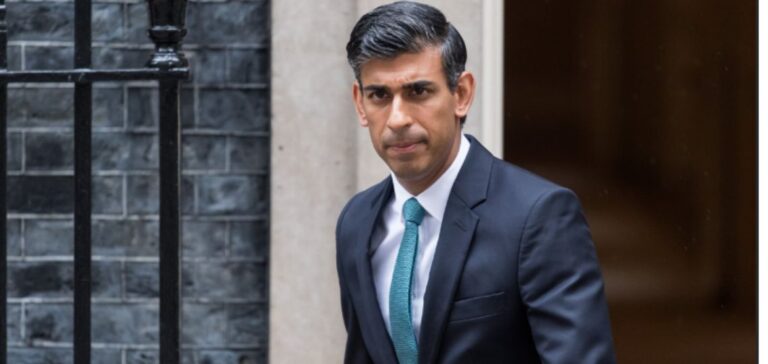The UK government has promised “hundreds” of new oil and gas exploration and production licenses in the North Sea. This marks the softening of Prime Minister Rishi Sunak’s approach to global warming.
Criticism and debate on the UK government’s commitment to the environment
With this announcement, the executive is facing heavy criticism from environmentalists for its commitment to the environment. This announcement has raised questions within the Conservative majority as well as the Labour opposition. They question certain green policies because of the high cost to the British people, who have been hit hard by inflation. What’s more, Rishi Sunak opposes Labour head-on. The latter, widely ahead in the next general election, want to put an end to oil and gas development in the North Sea.
“We have all witnessed how (Russian President Vladimir) Putin has instrumentalized energy, disrupting supplies and stalling growth in countries around the world,” the Conservative government leader said in a statement. “Now more than ever, it’s vital that we strengthen our energy security and capitalize on this independence to bring more affordable, clean energy to British homes and businesses,” added Rishi Sunak.
He assured us that even when the UK reaches its carbon neutral target in 2050, a quarter of its energy needs will still come from oil and gas.
Support for North Sea oil and gas development despite environmental protests
Downing Street promises over 200,000 jobs thanks to North Sea oil and gas development. However, some environmentalists are critical of the North Sea CO2 capture and storage technology, accusing it of excusing the exploitation of fossil fuels. Following Labour’s defeat in a local election, green policies are being called into question in the UK. Voters are expressing their dissatisfaction with the planned extension of a tax on polluting vehicles to nine million residents of Greater London, as proposed by Labour mayor Sadiq Khan. Under pressure, the government is considering relaxing certain environmental targets, including energy standards for housing.
Transition to carbon neutrality confronted by political climate apathy
Rishi Sunak had prepared the ground by criticizing Labour in an article published in the Sunday Telegraph. He said he was “on the side” of households that need their cars.
“We will make the transition to carbon neutrality,” he said on BBC Scotland. “I’m committed to it, but we’ll do it in a proportionate and pragmatic way that doesn’t necessarily add to the burden or prices on families’ bills, especially at a time when inflation is higher than any of us would have liked,” he added.
According to a YouGov poll in the spring, 65% of Britons say they are worried about the consequences of climate change. However, the majority are opposed to most measures that would require them to make a personal effort. In any case, the UK is feeling the effects of global warming. The weather service warned this week that the record temperatures of summer 2022, when 40°C were exceeded, would look “cool” by the end of the century.
“We will not stand idly by while politicians use the environment as a political soccer. What we need now is courage and leadership”, warned the heads of several associations, including WWF, the National Trust and Greenpeace, in a letter to Rishi Sunak.
In June, Zac Goldsmith left the government, blaming Rishi Sunak for his apathy towards the environment.






















